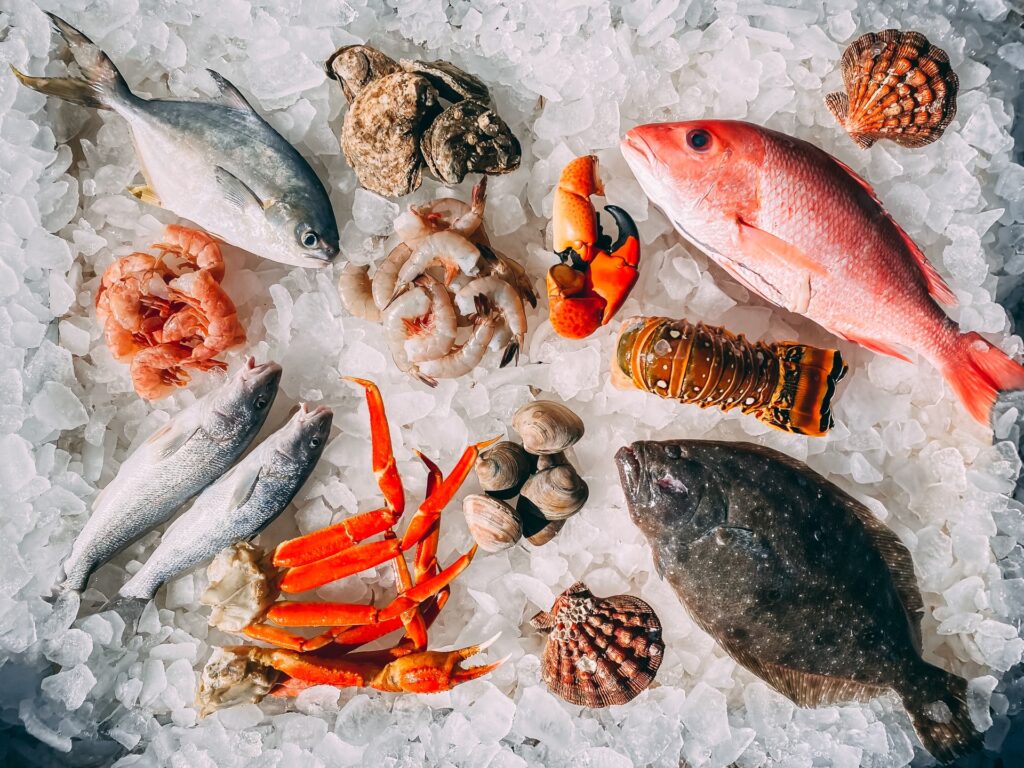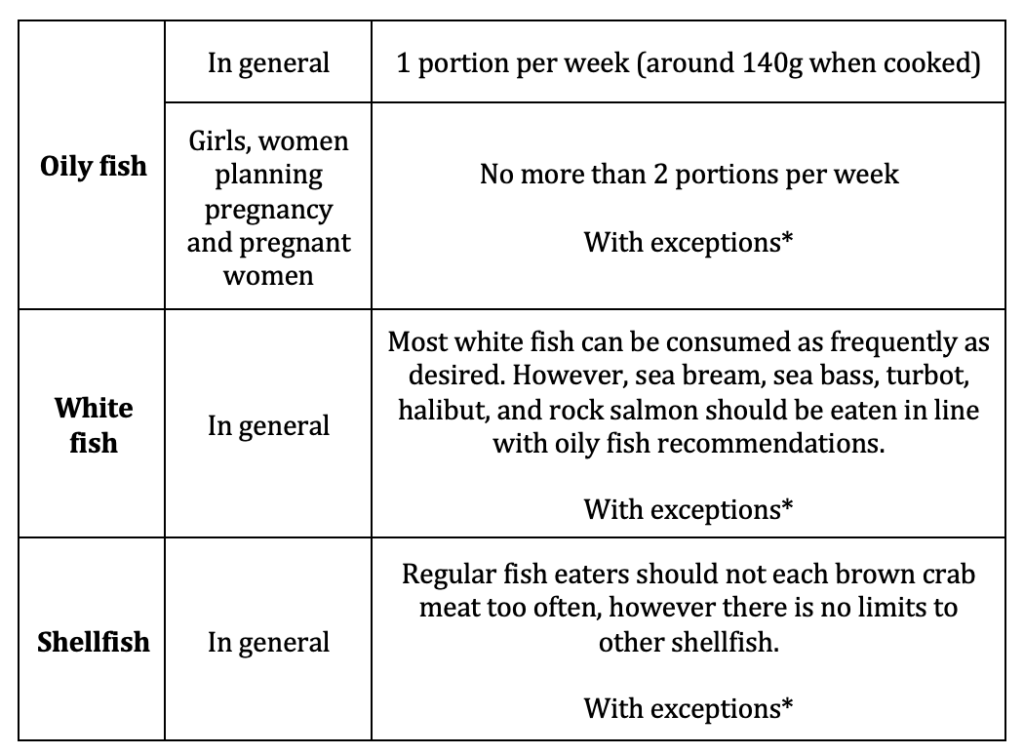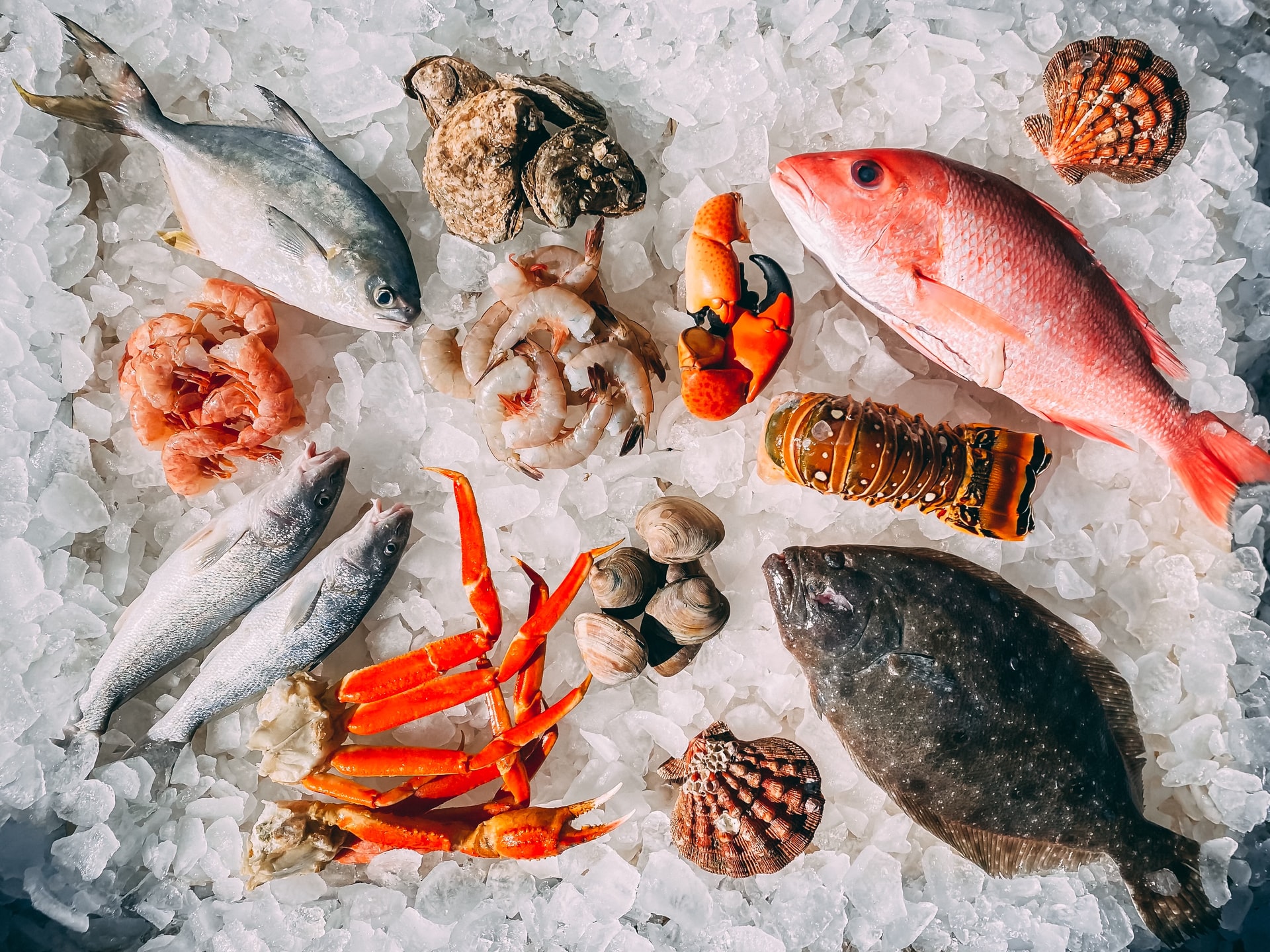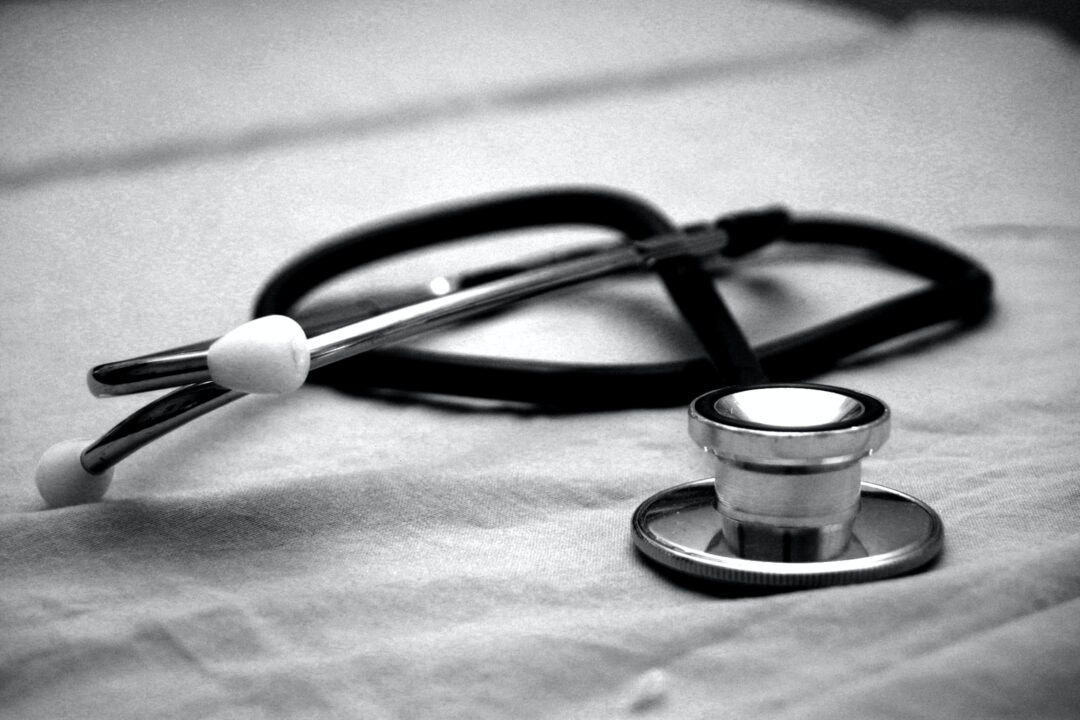Fish is a very important part of a healthy diet. What are the benefits of eating fish? Is fish safe or should we stop eating it due to heavy metal, such as mercury, contamination?
Health benefits of fish
Fish is a low-fat high-quality protein. Having a lesser amount of fat means a decreased risk of cardiovascular diseases, type II diabetes risk, and obesity. High protein is important for growth and repair.
Fish contains lots of omega-three fatty acids. The benefits of consuming omega-three fatty acids are:
- Brain development
- Reduced blood pressure
- Reduced the risk of heart attack and stroke
- Raise levels of high-density lipoprotein (good cholesterol)
- Help maintain cell membranes
- Essential for hormone production
- Help regulate blood clotting
- Fish also contains vitamins such as vitamin D and B12.
- Fish is also a good source of minerals such as calcium, phosphorus, iron, zinc, iodine, magnesium, and potassium.

Is fish safe to eat? Have you heard that you should stop eating fish due to a build-up of heavy metals or because you are a specific population group such as pregnant? What does a build-up of metals mean and what are the true recommendations about fish intake? Keep reading to find out!
How Does Mercury get into fish?
- Mercury is a heavy metal naturally found in the water and soil. It is released into the environment through industrial processes such as burning coal or natural events such as volcanic eruptions.
- People are exposed to this toxin in many ways, one of which is by eating fish and shellfish.
- Methylmercury, the organic form of mercury, concentrates in fish bodies as they absorb low concentrations due to water pollution. Methylmercury is highly toxic and causes severe health problems if it accumulates above safe levels in your body.
What happens if you consume too many fish high in Mercury
- The side-effects of mercury poisoning are trauma, emotional changes, insomnia, neuromuscular changes, headaches, and disturbance in sensations.
- Mercury can pass through the placenta or breastmilk and harm the baby. Just as consuming certain medication can also harm infants and young children. If you have concerns, please speak to your doctor.
Dietary fish recommendations
A healthy balanced diet includes 2 portions of fish a week, including one oily fish*.

The exceptions*
Although eating fish is healthy and can assist the development of your baby. Pregnant and breastfeeding women should avoid some types of fish and shellfish to prevent hurting the baby through pollutants of food poisoning.
Is fish safe during prepregnancy, pregnancy and breastfeeding
Below is advice from the Scientific Advisory Committee on Nutrition (SACN) and the Committee on Toxicity about eating fish when trying to get pregnant, or when pregnant or breastfeeding:
“Shark, swordfish and marlin: do not eat these if you are pregnant or trying to get pregnant. All other adults, including breastfeeding women, should eat no more than 1 portion per week. This is because these fish can contain more mercury than other types of fish and can damage a developing baby’s nervous system.
Oily fish: all girls and women who haven’t been through the menopause yet, including those trying for a baby, or who are pregnant or breastfeeding, should have no more than 2 portions of oily fish a week. A portion is around 140g.
Tuna: if you are trying for a baby or are pregnant, you should have no more than 4 cans of tuna a week or no more than 2 tuna steaks a week. This is because tuna contains higher levels of mercury than other fish. If you are breastfeeding, there is no limit on how much tuna you can eat.
These figures are based on a medium-sized can of tuna with a drained weight of around 140g per can and a 140g cooked steak.
Remember, tuna doesn’t count as oily fish. So if you’ve had a portion of tuna during the week, you can still have up to 2 portions (women) or 4 portions (men) of oily fish.
Unless your GP advises otherwise, avoid taking fish liver oil supplements when you’re pregnant or trying for a baby. These are high in vitamin A (retinol), which can be harmful to your unborn baby. Pregnant women are advised to avoid taking supplements that contain vitamin A.”
Children and babies (after weaning) should not eat marlin, shark or swordfish as the levels of mercury may affect a child’s nervous system. Children and babies should also not consume raw shellfish to avoid food poisoning.
It is IMPORTANT to check your local guidance around fish. Speak to your healthcare provider to determine what is safe for you and your children.
Conclusion
Is eating fish safe? To conclude, eating fish, in general, and it is a healthy option providing multiple nutritional benefits. However, eating too much of the wrong fish can lead to problems with mercury build-up. Familiarise yourself with the dietary recommendations surrounding fish and prevent any toxic build-up of compounds in your body.



